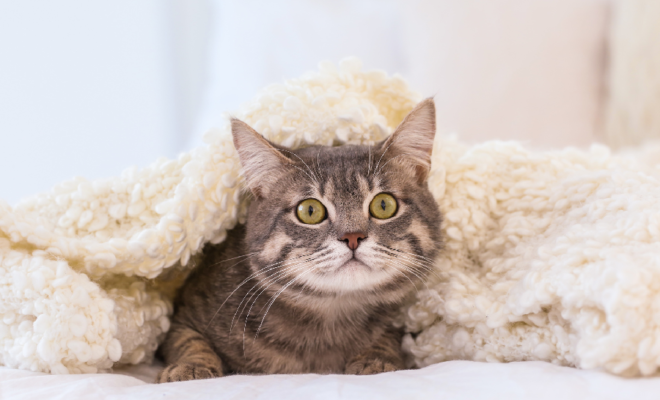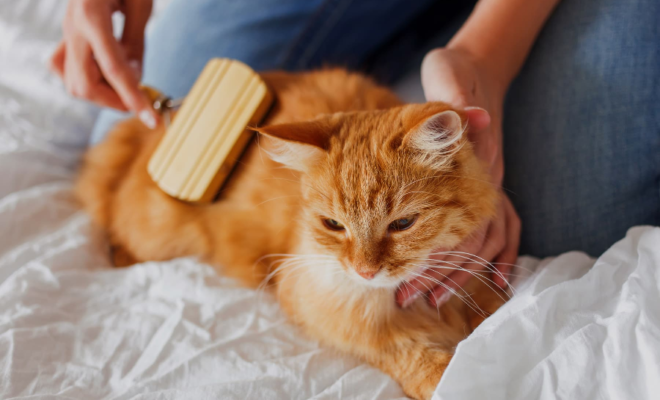Why Should All Cats Be Indoor Cats?

Of course, cats aren’t intrinsically evil. They are popular pets and have been used as working animals to eradicate rats and mice, which are urban and farm pests, for thousands of years. House cats are merely acting on their instincts when they attack wild birds and other wildlife. Visit the site if you are considering bringing a cat home.
Wildlife and dog packs pose no threat to indoor cats. Outdoor cats are prey for owls, raptors, coyotes, and native large cats since they are lower on the food chain than animal predators. A cat will be considered fair game by dogs moving in packs; even one large dog can quickly overwhelm and kill a cat. Keep in mind that certain dogs are bred to attack, so they aren’t entirely to blame when their instincts kick in. When trapped outside, even with a full set of fangs and claws, the cat has little chance, and declawed cats are far more vulnerable.
Every cat, regardless indoor or outdoor, should visit the veterinarian at least twice a year for an assessment and a routine vaccination schedule, and all cats must be microchipped, according to Cruz. You can purchase a leash with a tagging (but ensure it has a protection clasp that will open if your cat gets trapped on something), or you can get a microchip implanted between your cat’s shoulder blades. If your cat wanders away, identification can boost the chances of them being found and returned to you.
The sheer presence of cats in the wild has a tremendous impact on birds. Because cats are easily identified as predators, even brief sightings at avian nest sites result in at least a tripling of lethal nest predation of eggs and young birds by third-party animals, as well as a third reduction in the amount of food given to nestlings.
House cats are referred to as “super predators” because they are imported predators (i.e., wildlife has not developed to defend themselves against them), and they exist in abnormally enormous numbers, far greater than any natural predator. Many have a consistent food source and are often more fit than natural predators since they are prolific breeders and accept other cats in their territories.
Fights between indoor cats rarely result in abscesses. Cats are fiercely territorial, and if they are challenged by another cat, they will defend their area to death. These territorial skirmishes frequently end in abscessed wounds, which can be fatal if not treated promptly. Cats can potentially develop FIV from serious bite wounds, which is a possibility.
Although it is commonly thought that staying indoors is healthier, indoor cats require special attention. The indoor cat diet, which commonly consists of grazing on an open dish of food all day and leading a sedentary lifestyle, can contribute to obesity and diabetes in cats. Indoor cats should be kept active by providing scratching posts, perches, and a variety of toys to encourage them to run and climb.




